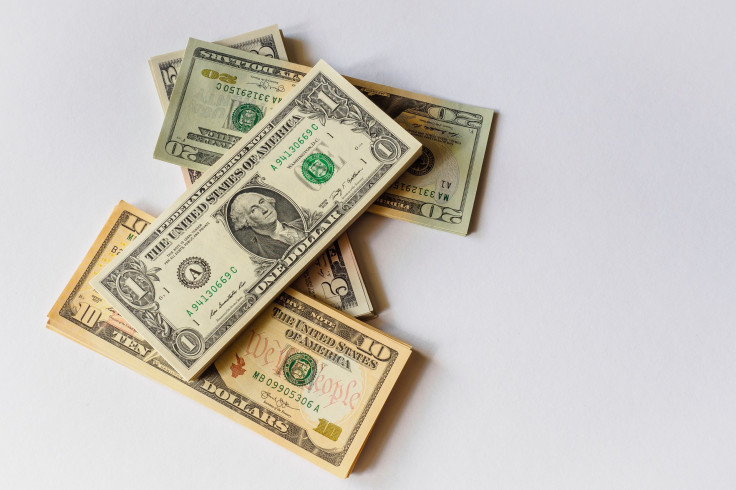The Argentinian government has established an exclusive exchange rate for tourists on Friday that allows them to get more of the local currency than they typically could with the normal exchange rate on their credit or debit cards.
Due to strict capital control rules implemented in 2019, an informal money exchange market in Argentina has allowed tourists to get more money per dollar than they typically would through a formal exchange market. Called the “blue dollar,” It could net you close to double the local currency per dollar than the typical rate would, the AP News reported.
“The vast majority of people are just confused: ‘You mean there’s more than one exchange rate and that one of these can be as much as a double- or even triple-digit difference?’” travel agency owner Jed Rothenberg said.
As a way of encouraging tourists to use their credit or debit cards instead of cash, however, the government has implemented a separate exchange rate made specifically for the needs of tourists, according to ABC News.
The move also reportedly allows the government to be able to implement a sales tax on tourists that would typically be ignored in cash-to-cash transactions. If implemented properly, many believe that this could lead to an increase of tourism into the country.
“They’re just using their credit card, they don’t care about the details,” Rothenberg said. “If they actually make this work, Argentina could be one of the top tourist destinations within the next couple of years, especially with how expensive the U.S. and Europe are right now.”
The new exchange rate will increase the amount that Argentina has to 10, which includes different valuations for the dollar depending on its use: the country reportedly has a “Qatar dollar” for travelers, a “Netflix dollar” for streaming services, and a “Coldplay dollar” for foreign musical acts.
“The government has been segmenting the market. There is no one value, there are multiple prices depending on who you are or what operation you want to do,” economist Martín Kalos said.
Inflation in the country has escalated to over 83% by September of this year, and the government hopes to offset the rising prices with a strong peso to pay for it.

© 2025 Latin Times. All rights reserved. Do not reproduce without permission.





